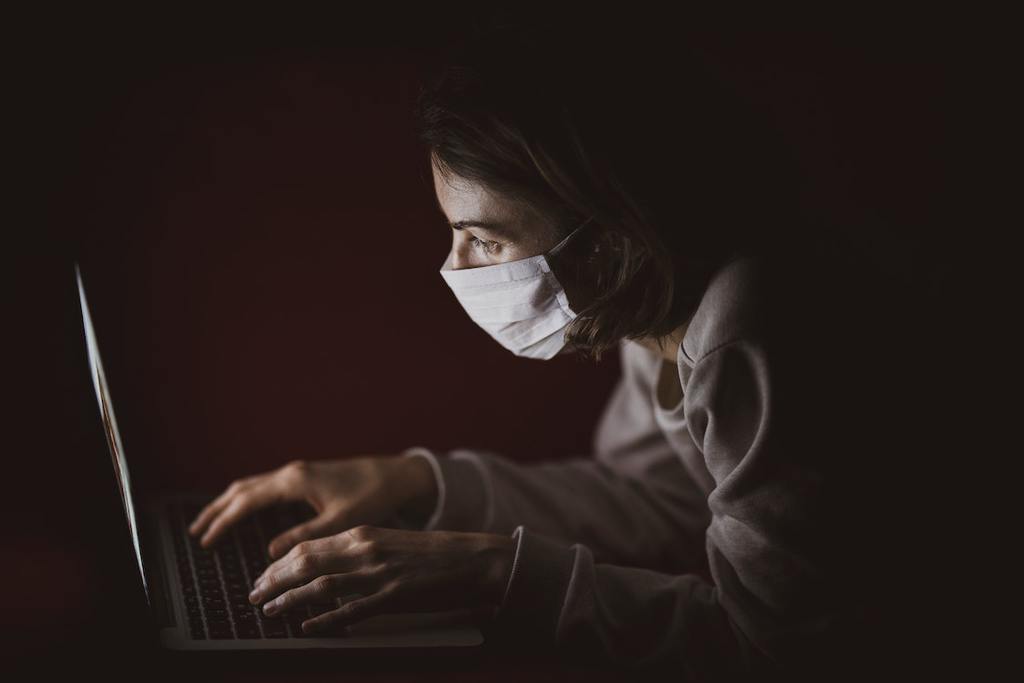What To Know
- CHKP), a leading provider of cyber-security solutions globally, has today released the findings of a new survey, which shows organisations’ key cyber-security priorities and challenges through to 2023, and highlights the changes to their security strategies forced by the COVID-19 pandemic during 2020.
- Dealing with the impact of the pandemic on business operations, and ensuring they can continue to operate as efficiently and as securely as possible will be the biggest ongoing challenge for most enterprises.
Editor’s brief: As the world revolves around an invisible pathogen for much of 2020, what is to become in 2021 and beyond? Check Point Software conducted a global survey recently, and showed that the security of remote workers and cloud deployments would become key challenges for entities worldwide. Read more below.
SINGAPORE – Check Point® Software Technologies Ltd. (NASDAQ: CHKP), a leading provider of cyber-security solutions globally, has today released the findings of a new survey, which shows organisations’ key cyber-security priorities and challenges through to 2023, and highlights the changes to their security strategies forced by the COVID-19 pandemic during 2020.
More than half of those surveyed noted an increase in attacks and threats against their companies compared to the beginning of 2020. Only one in five people say that security operations are back to normal, but most people think security won’t go back to how it was before the pandemic. Key findings from the survey of over 600 IT security professionals globally are:
- Organisations’ biggest security challenges going into 2021: Security for employees working remotely was the leading challenge, followed by preventing phishing and social engineering attacks, maintaining secure remote access, and protecting cloud applications and infrastructure (39%).
- Security priorities for the next two years: The leading priorities through to 2023 is securing remote working, endpoint and mobile security, and securing public or multiple clouds, clearly ahead of issues such as IoT security and email security.
- 2020’s shift in security strategies: Ninety five percent of respondents said their strategies had changed in the second half of the year, the biggest being enabling remote working at scale. Only just over a quarter said they had accelerated existing security projects during 2020, showing that for the majority, their pandemic response involved an unplanned re-invention of their business model.
- The new normal is here to stay: About half of all respondents believed that their approach to security will not return to pre-pandemic norms. While 29% said that they expect a return to pre-COVID operations at some point in the future, and just 20% believed their situation has now returned to what it was.
“The survey shows that a majority of organisations do not expect their current security issues and priorities to change much over the next two years. For many, the rapid changes they made to their networks and security infrastructures in response to the pandemic will be permanent,” said Peter Alexander, Chief Marketing Officer at Check Point Software. “At the same time, cyber-attacks and threats are increasing as hackers try to take advantage of those changes. So organisations need to prioritise closing off any security gaps across their new distributed networks, from employees’ home PCs and employees themselves to the data center. Dealing with the impact of the pandemic on business operations, and ensuring they can continue to operate as efficiently and as securely as possible will be the biggest ongoing challenge for most enterprises.”
To block the growing volumes of cyber-attacks and threats, organisations need to prioritise closing off any security gaps across their new distributed networks, from employees’ home PCs and employees themselves to the data center. Here are our tips to help organisations evolve their security strategies to ensure they can continue to operate as efficiently and as safely as possible:
- Protective vaccination is better than treatment, and in cyber security, real-time prevention is the key to protecting networks, employees and data against attacks and threats.
- Organisations must revisit and check the security level and relevance of their network’s infrastructure, devices, processes, compliance of connected mobile and PC devices, IoT and more. The increased use of the cloud demands an increased level of security, especially in technologies that secure workloads, containers, and server-less applications on multi- and hybrid-cloud environments.
- With so many rapid changes made to organisations’ infrastructures, enterprises´ security effectiveness will drastically increase with a unified management and improved risk visibility on their entire security architecture.
The survey was conducted by Dimensional Research, with 613 respondents from organisations globally. All respondents have responsibility for IT security within their organisations. For more details on the survey visit: https://blog.checkpoint.com.
###

Microwire.news (aka microwire.info) is a content outreach and amplification platform for news, events, brief product and service reviews, commentaries, and analyses in the relevant industries. Part of McGallen & Bolden Group initiative. Copyrights belong to the respective authors/owners and the news service is not responsible for the content presented.













